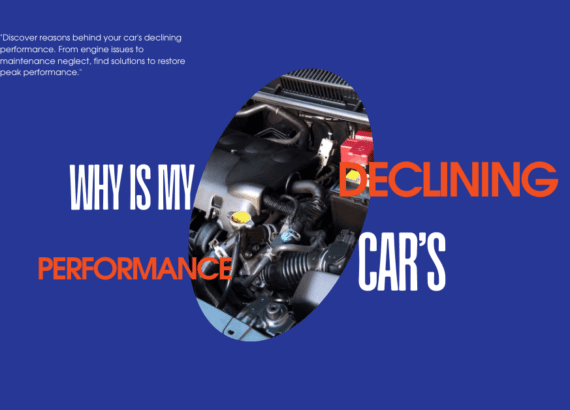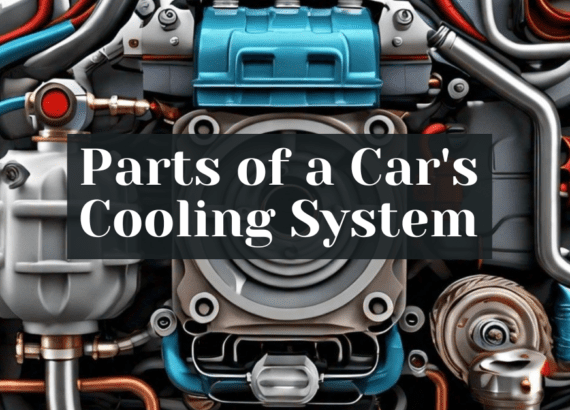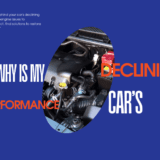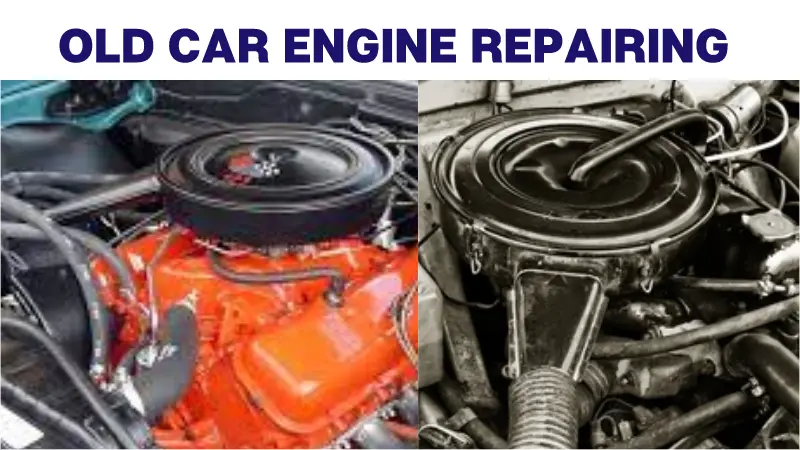Diesel vs. Petrol Engines: Efficiency Battle! [Must-Know Facts]
![Diesel vs. Petrol Engines: Efficiency Battle! [Must-Know Facts]](https://typesofengine.com/wp-content/uploads/2023/05/Difference-between-petrol-engines-and-diesel-engines-2-845x550.webp)
“Discover the difference between diesel and petrol engines and make an informed choice for your vehicle. Explore the performance, efficiency, emissions, and environmental impact of these engine types. Find out which engine suits your needs best. Read now!”
Introduction
When it comes to cars, one of the most important things to decide is whether you want a diesel or a gasoline engine. Both of these engine types have their pros and cons, and knowing the differences between them can help you make a better decision. In this piece, we’ll get into the details of diesel and gasoline engines, pointing out their differences and letting you know which one might be better for you. So let’s dive in!
What are Diesel and Petrol Engines?
Diesel and gasoline engines are both types of internal combustion engines. These engines take chemical energy and turn it into kinetic energy, which is what makes cars move. The main difference is the kind of fuel they use to burn.
Diesel Engines
Compression ignition is how diesel engines work. This means air is squeezed inside the cylinder, which heats it. This high temperature makes the diesel fuel self-ignite, which burns and makes power. Diesel engines are often used in trucks, buses, and other heavy-duty cars because they are reliable and can make a lot of power.
What Is the Process of a Diesel Engine?
A diesel cycle drives a diesel engine. The steps listed below can explain it.
1. First, the Engine piston drops throughout a stroke, allowing air to enter the cylinder.
2. The air is compressed during the piston’s compression stroke. The air is now becoming heated.
3. of the Power Stroke process: The cylinder is now filled with petrol or diesel.
4. Exhaust Stroke – Fuel or diesel begins to burn due to the hot air’s provision of an ignition temperature. The valve lets forth smoke.
Petrol Engines
Spark combustion is used in petrol engines, also called gasoline engines. In this process, a spark plug lights the mixing of air and fuel, causing the burning that is needed to make power. Petrol engines are usually found in cars and motorbikes. They can go faster and do more RPMs (revolutions per minute) than diesel engines.
How Does The Petrol Engine Work?
The following four steps can be used to describe how a gasoline engine works. How a Petrol Engine Works
1: Fill the cylinder with fuel (petrol) and mix in the air.
2: A crankshaft is used to compress the gasoline and air combination.
3: The mixture is now ignited with a spark, which forces the piston downward.
4. The exhaust valve releases gases.

Difference Between Petrol and Diesel Engine
Diesel and petrol are both fossil fuels; however, the operation of petrol engines and diesel engines varies. The dissimilarity between a petrol engine and a diesel engine can be elucidated through the following aspects.

Performance and Efficiency
One of the most significant differences between diesel and gasoline engines is how well they work and how much fuel they use. Let’s see how they are different in these ways.
Power and Torque
Diesel engines are known for having a lot of power, which makes them great for pulling big things and hauling. In addition, diesel engines can make a lot of power at low RPMs because they have high compression ratios and longer strokes. On the other hand, gasoline engines are known for having more power, which means they can go faster and are easier to drive.
Fuel Efficiency
Regarding how well they use fuel, diesel engines do better than gas engines. This is because diesel fuel has a higher energy density, meaning it has more energy potential per-unit amount. Because of this, diesel engines get more energy out of the fuel and use less fuel. This means that cars can go farther on a gallon of fuel. However, even though they use more gas, petrol engines are better in speed and response.
Emissions and Environmental Impact
When considering diesel and gasoline engines, their pollution and effects on the earth are also essential. Both engine types have improved thanks to stricter pollution rules but are still fundamentally different.
Diesel Engine Emissions
Diesel engines usually put out more nitrogen oxides (NOx) and particulate matter (PM), which add to air pollution and harm your health. But modern diesel engines use technologies like diesel particulate filters (DPF) and selective catalytic reduction (SCR) systems to reduce these fumes and meet strict pollution standards.
Petrol Engine Emissions
Most of the time, petrol engines release fewer nitrogen fumes and particulate matter than diesel engines. But they make more carbon dioxide (CO2), which warms the atmosphere and causes climate change. By using hybrid technologies and different fuels, people are trying to make gasoline vehicles use less fuel and be better for the earth.
Conclusion
Ultimately, the differences between diesel and gasoline engines include speed, economy, pollution, and the effect on the earth. Diesel engines have a lot of power and use less fuel than other engines, which makes them suitable for heavy-duty work. On the other hand, petrol engines have more power and accelerate more smoothly. As a result, they are often found in private cars. When deciding between the two, it’s essential to think about your needs and how important things like carrying capacity, gas mileage, or performance are to you. If you understand these differences, you can make an informed choice and choose the engine that best fits your needs.
FAQs
Which type of engine is more fuel-efficient?
Diesel engines use less fuel than gasoline engines because they have higher energy efficiency.
Are diesel engines more powerful than petrol engines?
Diesel engines are good at making a lot of torque, which makes them suitable for hauling big loads. Petrol engines, on the other hand, make more power and accelerate more smoothly.
Do diesel engines produce more emissions?
In the past, diesel engines give off more nitrogen fumes and particulate matter, but technological advances have significantly reduced this pollution.
Are petrol engines more environmentally friendly?
Most gasoline engines put out fewer nitrogen fumes and particulate matter, but they put out more carbon dioxide, contributing to global warming.
Which engine type is better for long-distance travel?
Diesel engines are better for long-distance trips because they use fuel more efficiently and can go farther per gallon.
Which engine type is more commonly found in passenger cars?
Petrol engines are more common in passenger cars because they can go faster and have a higher RPM range.












Comments
Trackbacks & Pingbacks
[…] What Is The Difference Between Diesel And Petrol Engines? […]